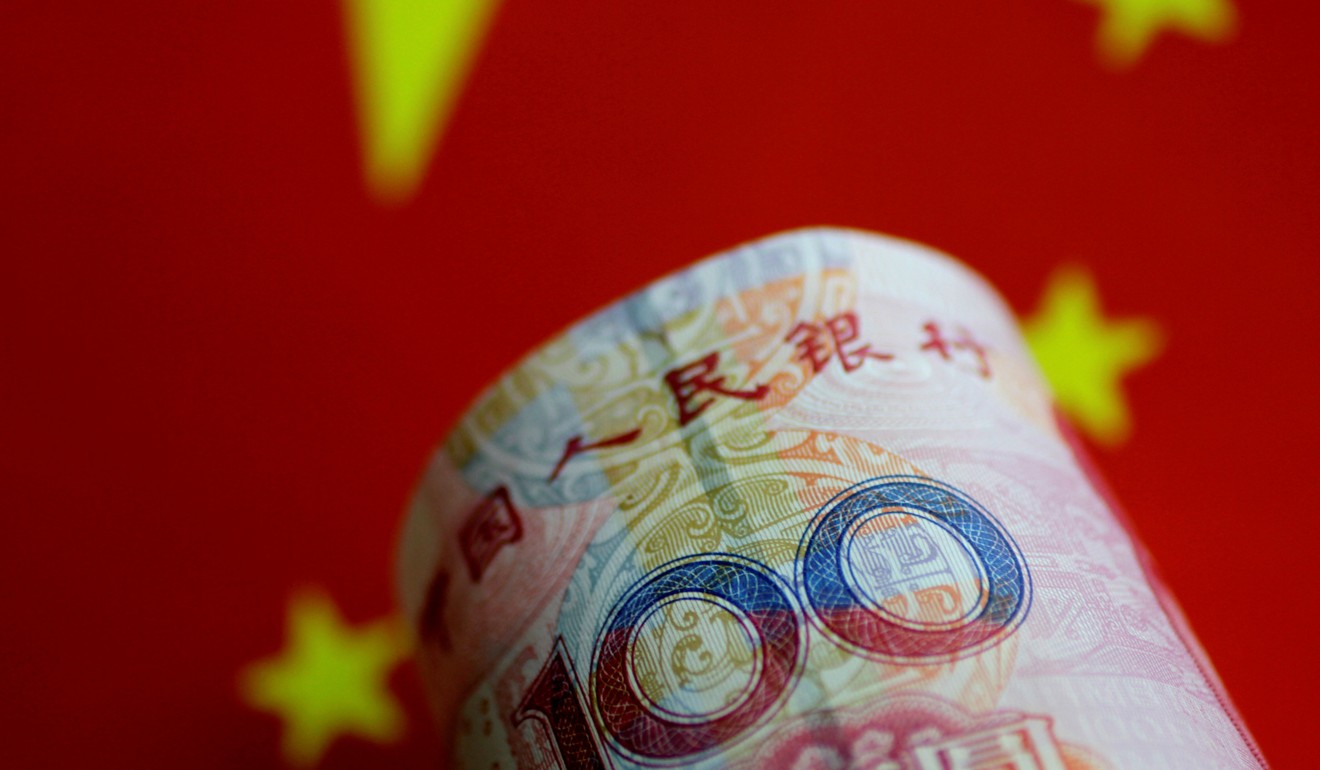
Why global monetary tightening may be good news for China
“All the world’s a stage,” wrote English playwright William Shakespeare. As major central banks now appear to wish to issue new-stage instructions, investors may perhaps have to learn a new script.
In recent days the Bank of Canada, the Bank of England and the European Central Bank have all made comments suggesting that, like the US Federal Reserve, each is heading towards some degree of monetary tightening. Bond yields have risen, currencies have reacted accordingly.
With China also continuing to take measures to rein in the pace of credit expansion, global investors may have to get to grips with a much-changed set of circumstances. Yet China itself could, perhaps counter-intuitively, end up a beneficiary of all this.
Of course, if global financial conditions are to tighten, at a time when the Institute of International Finance estimates global debt levels have increased by US$500 billion in the past year to a record US$217 trillion, or 327 per cent of the world’s annual economic output, China could be exposed.
The institute ascribes much of that jump to a US$2 trillion rise in debt held by China. So if tighter global financial conditions are coming, China’s nominal foreign-currency debt service costs will ordinarily rise.
But with the majority of China’s foreign-currency debt held in dollars, perhaps the situation is more complex, if it proves that ECB policy tightening starts to drive broader currency market moves.
As regards US financial conditions, Deutsche Bank has already concluded that unless US inflation runs ahead of itself, which currently it shows no signs of doing, the market may conclude the Fed will call a time-out on rate rises. The German firm feels that with other central banks such as the ECB just beginning their tightening cycles, there is potential for more dollar weakness.

In fact, as the euro turned higher against the greenback last week, that is exactly how events have played out. The yuan slid against the euro but, albeit possibly with a helping hand from Beijing ahead of President Xi Jinping’s visit to Hong Kong, it firmed against the dollar.
If this persists, Chinese exporters selling to the euro zone would gain a competitive advantage through the currency channel while the lower dollar-yuan exchange rate would mitigate any higher dollar-denominated debt service costs. Less yuan could buy the same amount of greenbacks.
Additionally, if it is true, as San Francisco Fed president John Williams believes, that the US “stock market seems to be running pretty much on fumes”, then there is the question of where money might go if it pulled out of US equities. If it went into US bonds, prices there would rise and yields fall. US debt service costs could then also ease.

Equally, while the dollar has benefited in recent years from Fed monetary policy tightening even as the ECB and the Bank of Japan continued to expand their balance sheets, that general greenback strength prompted other central banks, including China, to sell foreign reserves to stem the pace of local-currency depreciation.
If that process now reverses as central banks like the ECB start to play catch-up with the Fed, causing the dollar to fall, jurisdictions such as China, whose own currencies might then firm or stabilise against the greenback, may even have room to loosen their own monetary policy. Local bond prices could rise and yields fall.
For China specifically, with the advent of the Bond Connect using Hong Kong as an entry point to access China’s US$9.3 trillion bond market, yuan-positive capital flows could grow exponentially, given that international investors currently own less than 2 per cent of the total. There could be vast new capital inflows into the country.
Major central banks seem to be adopting a new script. It remains to be seen whether investors decide that is a Shakespearean Tragedy or a case of As You Like It. However, from China’s perspective, it could prove to be All’s Well That Ends Well.

